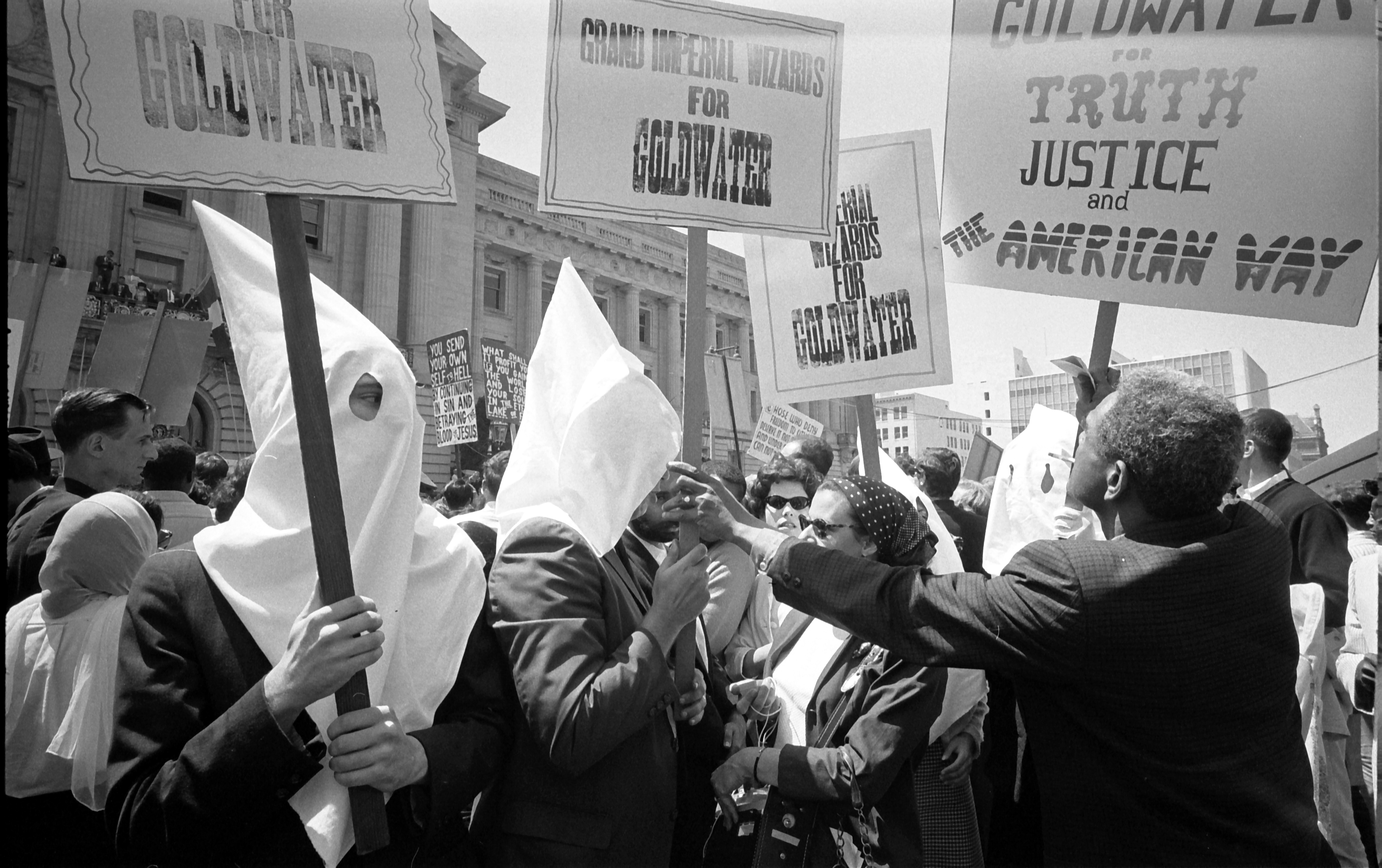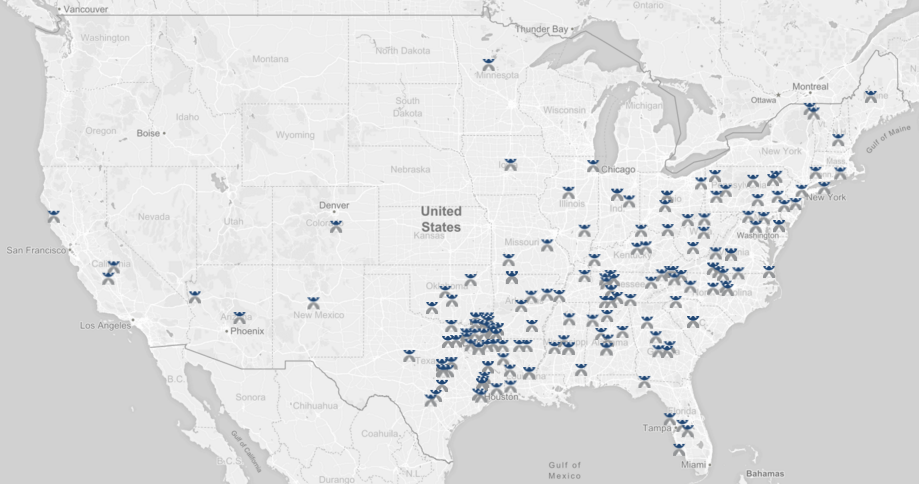Here's How Big the KKK Really Is Today

By:
The Ku Klux Klan is a white supremacist hate group that has operated in the U.S. since the 19th century. While it is often thought of as an ugly manifestation of Jim Crow era racism that died out decades ago, recent events — namely, the endorsement of Republican presidential candidate Donald Trump by a former KKK leader — remind us that the organization's white nationalist ideology is still embraced in certain parts of the country. But just how big is the KKK today?
 Wikimedia - wikimedia.org
Wikimedia - wikimedia.org
The Southern Poverty Law Center estimates that there are 190 active KKK groups with between 5,000 and 8,000 Klan members in the U.S.
 Southern Poverty Law Center - splcenter.org
Southern Poverty Law Center - splcenter.org
That said, this is a hate group that masks its member in white hoods and robes — the symbolic attire that has historically enabled its base to commit acts of violence against black people under the veil of anonymity — so exact numbers are hard to come by. While the KKK of 2016 isn't nearly as influential or brazen as it was at its peak in the 1920s (when it had 1.5 to 4 million members, according to a study in The Quarterly Journal of Economics), it continues to attract sympathizers who subscribe to its xenophobic, political agenda.
The Ku Klux Klan in 2016
Just this month, we've seen the KKK emerge in national headlines twice. First, when former KKK leader and one-term Louisiana State Representative David Duke endorsed Republican presidential candidate Donald Trump; and then when a KKK rally in Southern California turned violent over the weekend, leaving three counter-protesters injured after they were stabbed with American flags carried by local Klan members. (The members claim they acted out of self-defense).
For many, the fact that Trump declined to immediately disavow the endorsement served as a troubling reflection of the continued influence of white nationalism in America. Trump, meanwhile, maintained that he didn't "know anything about David Duke" or his ties to white supremacy in an interview on NBC's "Today."
Beyond the headlines, however, the takeaway is that the KKK does not simply exist as a phantom of our country's racist past; it is an active organization that still exerts influence in the 21st century, especially in Southern states such as Texas, Arkansas, and Louisiana.
"Just because the Klan's numbers are very small, and their activities have primarily been limited to an occasional gathering or leafleting, doesn't mean that individuals who have been in their orbit can't act violently and commit an attack within the United States," Brian Levin, the director of the Center for the Study of Hate and Extremism at California State University, San Bernardino, told CNN. "That is the biggest threat now from groups like the Klan."
